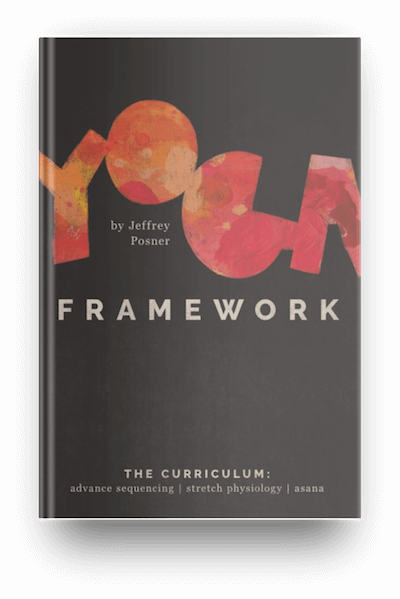Embracing Niksen, the art of doing nothing, offers a novel approach to promoting mental wellbeing and fighting burnout. This Dutch concept emphasizes unstructured relaxation, where the mind is free to wander without purpose. In today’s fast-paced world, integrating Niksen into daily routines can lead to significant improvements in mental health and happiness. Let’s delve into how Niksen can transform our lives.
Niksen for Mental Wellbeing: The Dutch Philosophy of Relaxation
In Dutch culture, the value of work-life balance is paramount, challenging traditional capitalist ideals of relentless productivity. Niksen encourages stepping back from the constant busyness of life, fostering a mental space where creativity can flourish. Unlike mindfulness, which requires focus, Niksen allows for mental wandering, opening doors to unexpected insights. This is why Niksen can become a valuable tool for those seeking innovative solutions. The beauty of Niksen lies in its simplicity—doing nothing purposefully can be a profound act of self-care.
Enhancing Creativity and Problem-Solving Through Niksen for Mental Wellbeing
Creativity often thrives in moments when the mind is free to roam. According to Open Culture, Niksen allows individuals to experience unpredictable sparks of creativity. When we engage in no purposeful activity, our brain continues to work in the background, processing information and generating new ideas. Therefore, by embracing periods of idleness, we can boost our problem-solving capabilities, leading to innovative breakthroughs.
Addressing Work-Life Imbalance with Niksen for Mental Wellbeing
Work-life imbalance is a common issue in today’s society, often leading to burnout and stress. Niksen offers a potential solution by encouraging intentional pauses in our busy schedules. These moments of inactivity remind us to value our personal time over endless to-do lists. According to Time Magazine, practicing Niksen can help individuals achieve a greater sense of work-life equilibrium, reducing burnout and enhancing overall satisfaction.
The Challenges of Adopting Niksen in a Fast-Paced World
Despite its benefits, adopting Niksen can be challenging, especially in environments that equate busyness with success. Navigating societal pressures while prioritizing moments of idleness requires discipline and a shift in mindset. As shared in Blue Cross Blue Shield of Michigan, it necessitates a conscious effort to break away from ingrained habits and embrace new perspectives.
Integrating Niksen for Mental Wellbeing into Daily Life
Incorporating Niksen into your routine doesn’t require radical changes. Simple actions like setting aside time for daydreaming, sitting quietly in nature, or letting your thoughts wander during a walk can be effective. For more insights on how nature can enhance this practice, visit Nature and Mental Health: Unlock the Mind’s Secret. By making these intentional pauses a regular practice, you can unlock greater mental clarity and relaxation.
Niksen’s Impact on Mental Health and Happiness
Adopting Niksen can lead to lasting benefits, including better mental health and increased happiness. As discussed in Blue Zones, dedicating time to simply be can reduce stress and promote a sense of calm. Moreover, it aligns with principles of psychological minimalism, focusing on simplicity and mental decluttering. For additional insights, explore Psychological Minimalism Benefits: Unlock Happiness and Calm.
Conclusion: Embracing the Art of Niksen for Mental Wellbeing
In conclusion, integrating Niksen into our lives can prove transformative, enhancing mental wellbeing amid the chaos of modern living. By valuing the art of doing nothing, we can discover new pathways to creativity, address imbalances, and cultivate a deeper sense of happiness. Embracing this Dutch concept provides a powerful reminder of the benefits of unstructured relaxation—an essential secret in our pursuit of life’s well-being.

